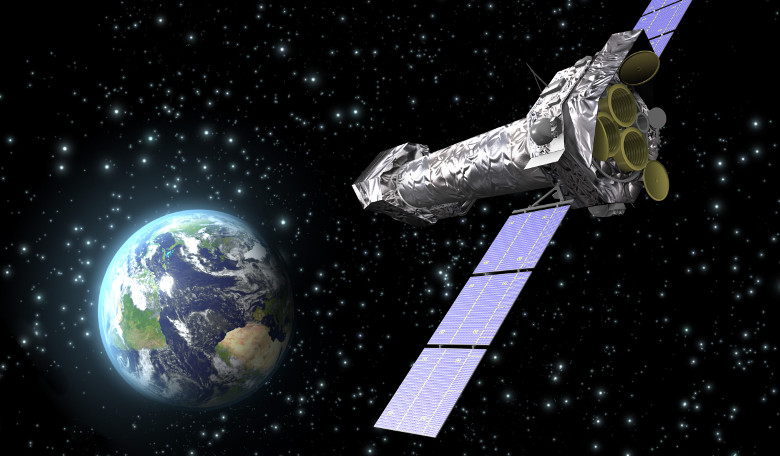Seraphim Capital, a UK-based venture capital firm, has launched the world’s largest ever, early-stage, space-sector, venture fund to help start-up companies develop space-based applications, services and technologies.
Currently worth £50 million, but with a total target investment of £80 million to be secured during the next two quarters, the fund is backed by smart capital from leading space companies and supported by the UK Space Agency and the European Space Agency.
The Seraphim Space Fund which will be the first fund of its size anywhere in the world, is well positioned to identify the most promising start-ups emerging from the ‘new space’ revolution. It will focus on investing in both downstream (software), and upstream (hardware) opportunities, and will also look at technologies that have potential space applications such as robotics, nanomaterials and artificial intelligence and those which rely on satellite data such as drones. It will also help fill the funding gap that often exists when a space company or start-up first enters the market.
ESA’s Senior Advisor to the Directorate of Telecommunications and Integrated Applications, Amnon Ginati, who sits on the Seraphim Advisory Board, commented, “ESA’s cooperation with Seraphim Capital offers space companies, start-ups and ESA-incubated companies a new conduit to funding beyond ESA. The Seraphim fund tops a long list of private investors who have already committed more than €55 million in commercially promising companies and projects arising out of ESA programmes.”
“ESA makes no financial contribution to the Seraphim fund. ESA’s role is to recommend suitable candidates and act as a facilitator, and these efforts are paid for by the fund,” added Ginati.
Seraphim Capital are traditionally early stage investors in high growth European businesses across all technology-related sectors, however the shift towards space-related businesses was the idea of David Williams, CEO of UK satellite operator Avanti Communications Group plc. Williams recognised the need for a venture capital fund to help boost the most innovative ‘space-tech’ companies at a time of unprecedented change within the space industry.
Commenting on the Seraphim Space Fund, Mark Boggett, Seraphim Capital’s CEO said, “The average person in the UK interacts with a satellite 30 times per day. Within five years we see that figure reaching 300 and by the end of the decade 3,000. Just as low cost personal computing in the 1990’s and the internet in the 2000’s acted as a catalyst for waves of new technology innovations, the evidence is that low cost access to space will come to define the decade ahead.”
“There are exciting development opportunities emerging from very promising start-ups and we very much look forward to investing and supporting the best of these.”
With names such as Michael Jones, the founder of Google Earth, and Google’s former Chief Technology Advocate linked to the fund as a Managing Partner, and with backing from the British Business Bank, the idea to nurture promising space-related start-ups in a bid to support the ambitious targets of tripling the UK space sector by 2030, could very well be a reality.











